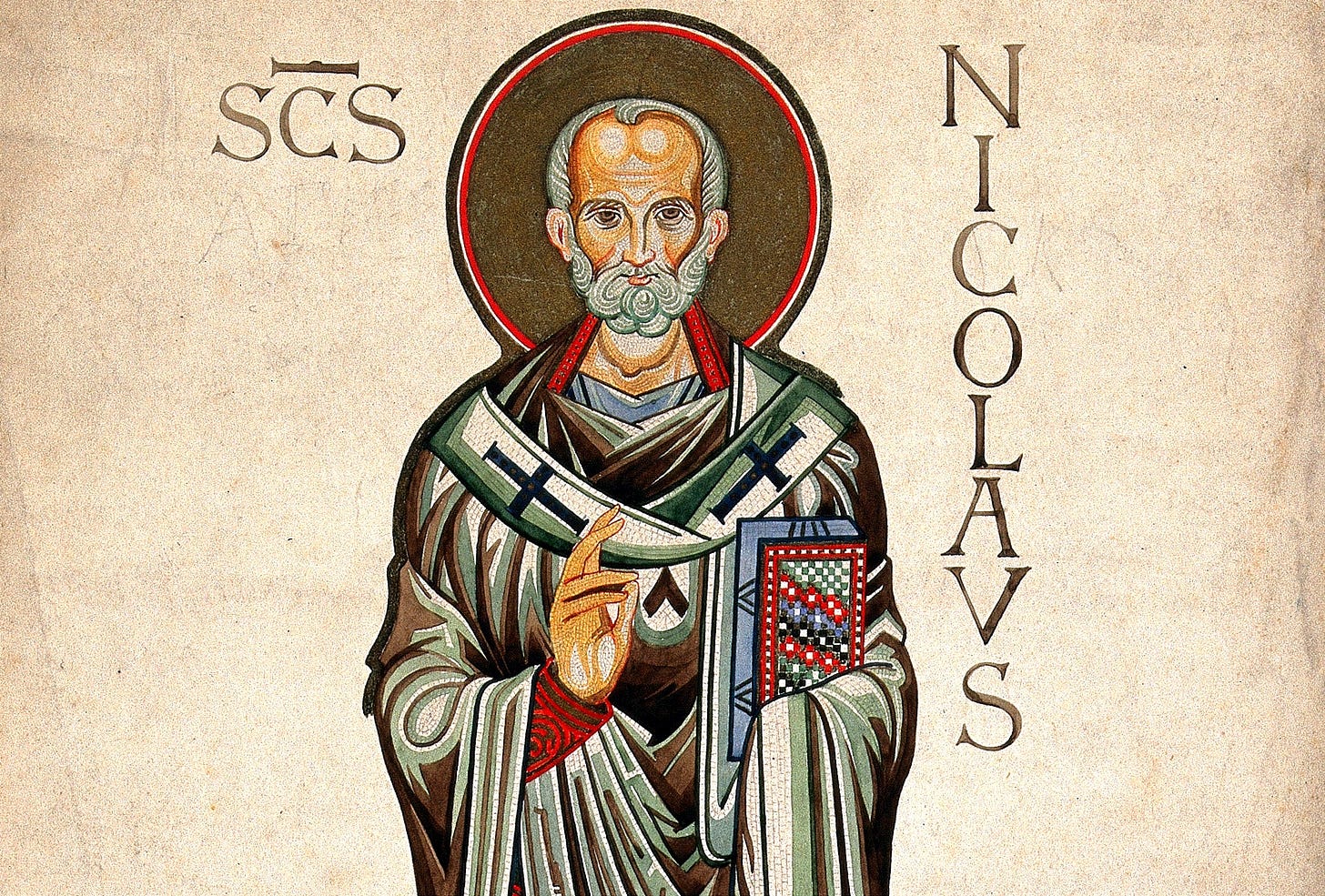Weekly Roundup: December 6 Edition
Christmas special offer; New interviews; Lots of good news; Favorite articles; Liturgical reflections; Political speculations
I wish one and all a happy feast of St. Nicholas of Myra!
Substack Christmas Special
You will no doubt recall my frequent praising of Robert Keim, whose Substack Via Mediaevalis has become my favorite one to read. I frequently include links to his posts, and he has more than once won my informal…
Keep reading with a 7-day free trial
Subscribe to Tradition and Sanity to keep reading this post and get 7 days of free access to the full post archives.



